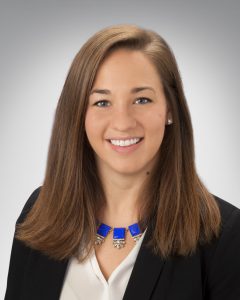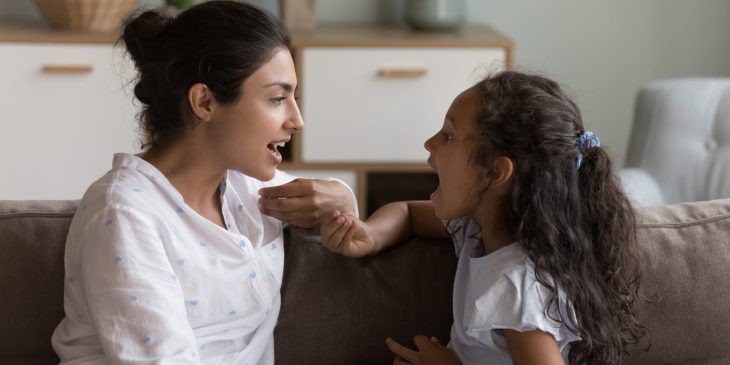Ali Lewandowski, assistant professor at the University of Pittsburgh School of Health and Rehabilitation Sciences, explains the outreach program for maintaining a healthy voice offered through Pitt’s community engagement center in the historic Hill District. Community engagement centers are dedicated to bridging the gap between the University of Pittsburgh and neighborhoods within the Pittsburgh region. Pitt’s partnership with local communities brings resources to residents and helps to build strong relationships with community members.

Ali Lewandowski
What is the Vocal Outreach Program?
The Vocal Outreach Program is a series of free seminars that provide general information about the voice, voice use, potential issues one may experience with the voice and how to best manage those problems should they arise. We hope to help prevent future voice problems by educating as many people as we can about what we call vocal health and wellness.
How are UPMC/Pitt experts involved in this program?
The outreach program was created by the Pittsburgh Voice Consortium, a group of students, providers and researchers. This team is made up of laryngologists — doctors who specialize in the diagnosis and treatment of voice disorders — and voice specialized speech-language pathologists from the UPMC Voice Center, along with professors, researchers and graduate speech-language pathology students from the University of Pittsburgh Department of Communication Science and Disorders.
Why is vocal health important?
The voice is produced by two very small, sensitive vocal folds (or vocal cords). It is our body’s instrument. It experiences everything that we experience. Often, we don’t realize how much we rely on our voice until we lose it. We’ve all experienced voice loss at some point in our lives: a case of laryngitis or after cheering on your favorite sports team. While this period of aphonia (voice loss) is usually temporary, it’s important to take care of our instrument.
When should someone be concerned or seek help for a voice issue or change?
If you are experiencing hoarseness — a rough or scratchy voice that is different from your typical voice — for longer than two weeks, you should seek medical care. This would include a visit to an ear, nose and throat doctor, who can look at your vocal folds with a scope that contains a small camera to ensure that you don’t have any concerning lumps, bumps or other pathologies that could be causing your voice change.
Is there a demographic that has a higher risk of experiencing vocal issues?
No one is safe from experiencing a voice disorder. However, our “heavy voice users” or people who have jobs with high vocal demands (i.e., teachers, coaches, fitness instructors, customer service representatives, singers, pastors, etc.) are often more susceptible to voice disorders.
Can nutrition impact the quality of vocal health?
Good nutrition can contribute to good vocal health. While there are no “magic foods” that will cure or prevent hoarseness, there are some good, nutritious choices that we can make to optimize our instrument.
Is there anything else you would like to add about this program?
We want to intentionally tailor the vocal outreach program to the needs of the community. At these seminars, we will discuss and share tips on how to take ownership of your instrument and dive deeper into discussions on voice and identity. We will discuss topics that are relevant to a wide range of voice users, from professional singers to individuals preparing for an important presentation or interview.
For more information, or to register for the vocal outreach seminars, visit Value of Voice Workshop Series.









